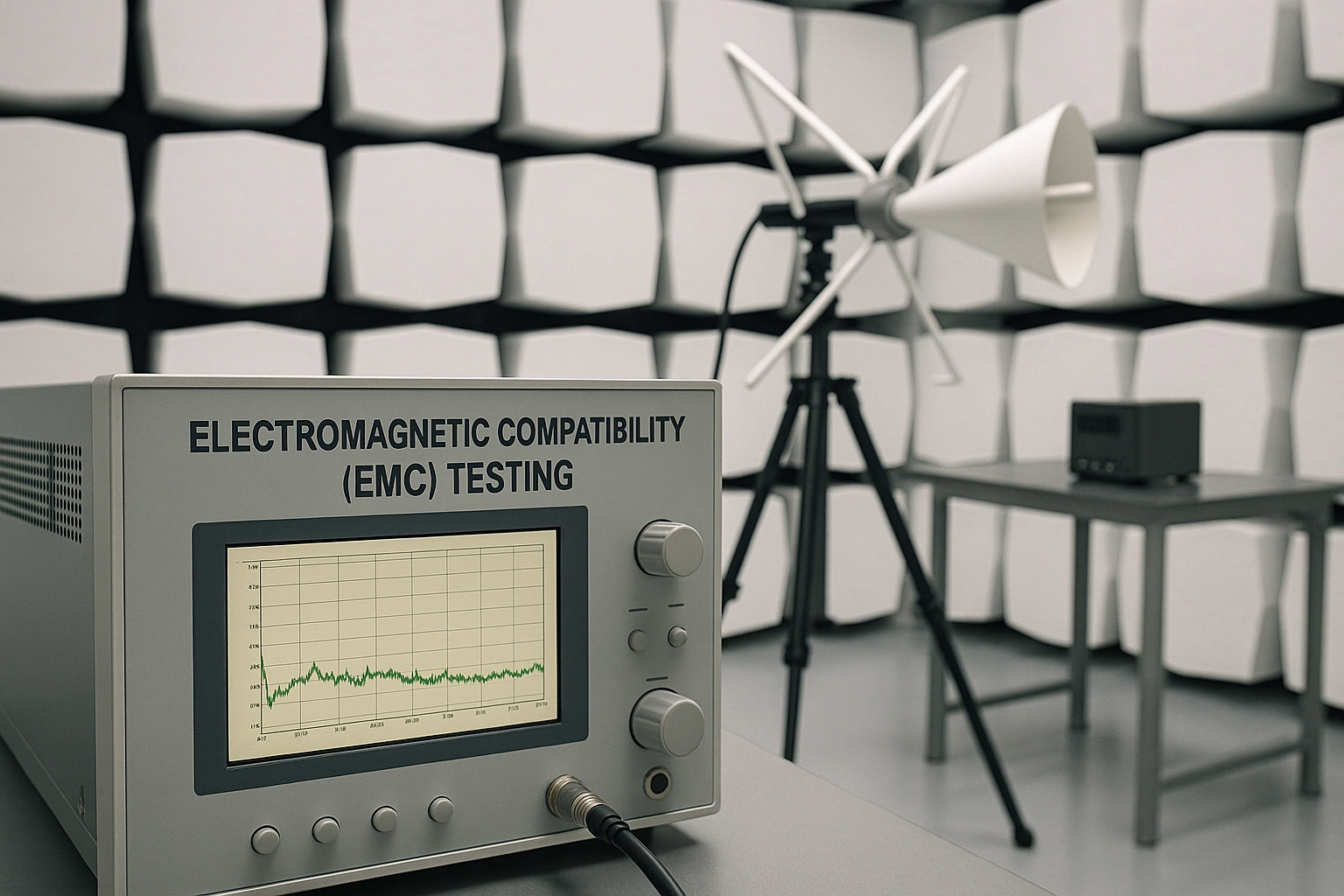IEC 62923 EMC Testing for Vehicle Powertrain Electronics
The IEC (International Electrotechnical Commission) Standard 62923 specifies the essential requirements and testing methods for ensuring that vehicle powertrain electronics meet electromagnetic compatibility (EMC) standards. This standard is crucial because it addresses the potential interference caused by electronic devices in a vehicle's electrical system, which can disrupt performance or cause failures.
The powertrain of modern vehicles is increasingly complex with integrated systems such as engine control units, transmission controllers, and sensors that rely heavily on robust EMC testing. The standard aims to ensure that these components do not emit excessive electromagnetic interference (EMI) that could affect other parts of the vehicle or external devices.
Testing according to IEC 62923 ensures compliance with international standards such as ISO, EN, and IEEE. This is particularly important for global manufacturers who need to ensure their products meet regulatory requirements in different markets. The testing process involves both conducted emissions (EMI) and radiated emissions checks, which are critical for ensuring the powertrain electronics operate within acceptable limits.
Vehicle manufacturers must demonstrate that their powertrain electronics can withstand electromagnetic interference from other sources such as radio transmitters or electrical storms without malfunctioning. This is achieved through a series of tests conducted in specialized laboratories equipped with state-of-the-art instrumentation and facilities. The testing process typically includes:
- Conducted emissions testing
- Radiated emissions testing
- Pulsed electromagnetic field (PEMF) immunity testing
- Electrostatic discharge (ESD) tests
The specimen preparation involves identifying the specific powertrain components to be tested, which may include a combination of hardware and software. These components are then installed in a controlled environment where they undergo rigorous testing under various conditions that simulate real-world scenarios.
Once testing is complete, detailed reports are generated summarizing the results. Compliance with IEC 62923 ensures not only regulatory compliance but also enhances product reliability and safety, which is essential for maintaining consumer trust in automotive products.
Why It Matters
The importance of EMC testing cannot be overstated. Ensuring that vehicle powertrain electronics comply with IEC 62923 helps manufacturers avoid costly recalls and potential safety issues. By preventing interference between various systems, the standard enhances overall vehicle reliability and performance.
Compliance also facilitates international trade by ensuring products meet global standards. Automotive manufacturers who adhere to these standards can enter new markets with confidence, knowing their products are reliable and safe.
The environmental impact of non-compliant electronics cannot be ignored either. By reducing interference between systems, manufacturers contribute to a cleaner, more efficient automotive industry that helps protect the environment. Additionally, compliant components lead to better fuel efficiency and reduced emissions, further supporting sustainability goals.
Eurolab Advantages
EuroLab stands out as one of the leading providers of IEC 62923 EMC testing for vehicle powertrain electronics. Our state-of-the-art facilities and experienced team ensure that every test is conducted to the highest standards, providing accurate results that can be relied upon.
- ISO/IEC accreditation
- Expertise in automotive testing
- Access to latest technology
- Dedicated support for R&D projects
- Comprehensive reporting and analysis services
We offer a seamless testing process from initial consultation through final report, ensuring that our clients receive the best service possible. Our team is dedicated to helping manufacturers achieve compliance while minimizing disruptions to their production schedules.
Environmental and Sustainability Contributions
- Reduces emissions by enhancing powertrain efficiency
- Promotes the use of cleaner, more efficient vehicles
- Supports global sustainability goals through compliance with international standards
- Minimizes waste and resource consumption in product development





